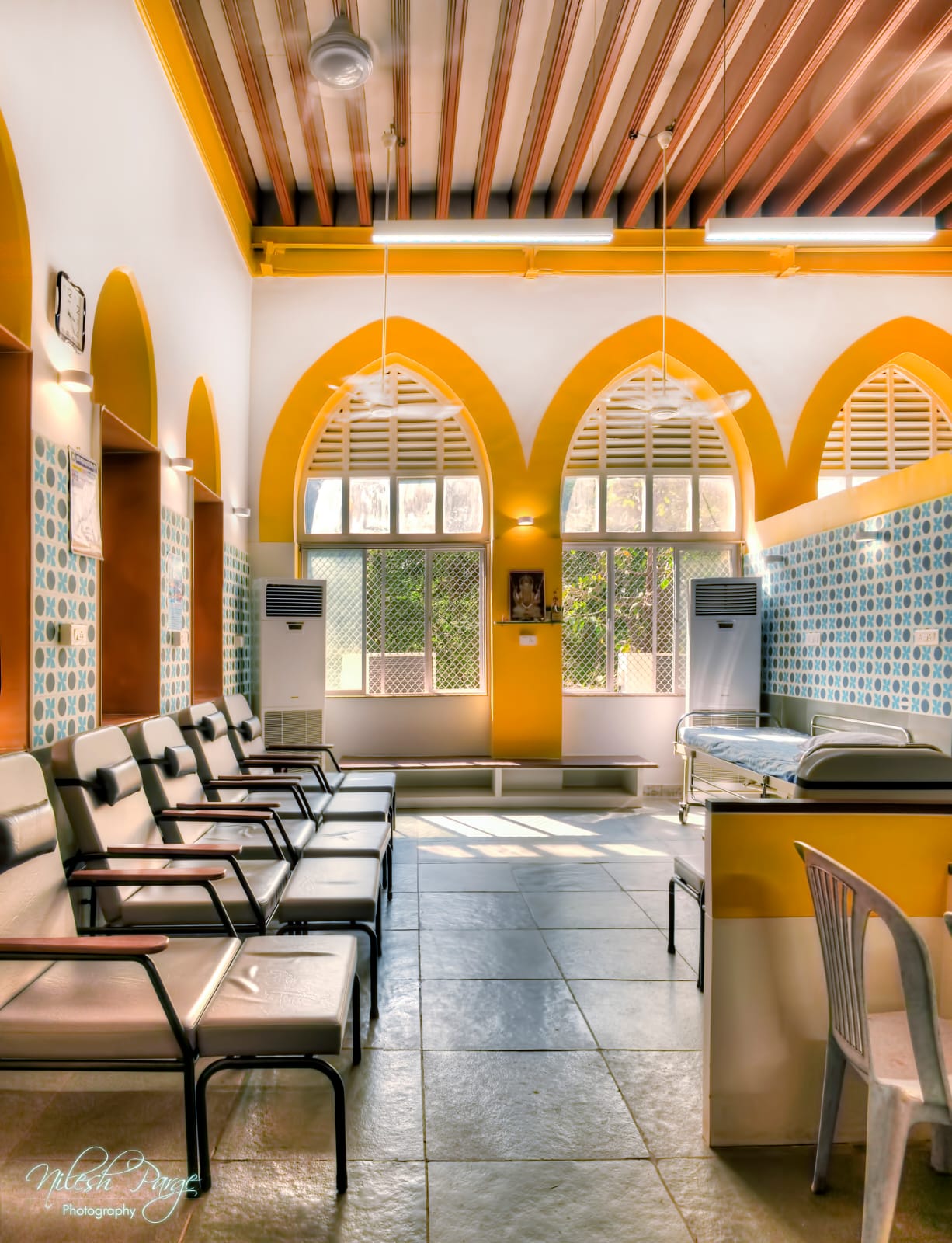Click here to join Express Pune WhatsApp channel and get a curated list of our stories
Pune Inc: Do you own something antique but not sure what to do with it? This firm can help you preserve it
In India, heritage conservation is often associated with large-scale projects involving museums and historical institutions. However, Pune-based Studio Gestalt has carved out a niche by focusing on personal valuables.
 Prerna Shetty and Shreeamay Phadnis
Prerna Shetty and Shreeamay PhadnisAn elderly woman from Mumbai approached Pune-based Studio Gestalt with a unique problem: her home was filled with old and valuable books, but with no children or descendants, she didn’t know whom to pass them on to. Studio Gestalt, founded by architect couple Prerna Shetty and Shreeamay Phadnis, stepped in to help. They created a digital inventory of her books, ensuring she had a record of all her titles. They then searched for the right client and someone sensitive to heritage acquired the collection and turned it into the pride of his library.
In India, heritage conservation is often associated with large-scale projects involving museums and historical institutions. However, Studio Gestalt has carved out a niche by focusing on personal valuables, ranging from everyday items like a grandfather’s pen to a family heirloom painting. “No one was catering to this sector. We realized that everyone has some form of heritage—something they cherish and want to preserve—but they don’t know where to go,” explains Phadnis.
Studio Gestalt is named after a theory that suggests people perceive objects and situations as a whole, rather than just a collection of parts. Both founders hold postgraduate degrees in conservation. Phadnis has worked at the Chhatrapati Shivaji Maharaj Vastu Sangrahalaya in Mumbai and the Mumbai Metropolitan Region Development Authority as a conservation planner, while Shetty was an architectural researcher with noted architect Brinda Somaya.
 Studio Gestalt is named after a theory that suggests people perceive objects and situations as a whole, rather than just a collection of parts.
Studio Gestalt is named after a theory that suggests people perceive objects and situations as a whole, rather than just a collection of parts.
When they started Studio Gestalt in 2018 with partner Apoorva Deshpande, their portfolio included interior design, architecture, and commercial projects. “After a while, we realized our hearts weren’t in it,” says Phadnis.
A Personal Touch
The COVID-19 pandemic made the architects pause and reflect. While many senior architects and conservationists were working on large-scale projects for the government and international organizations, the duo turned their focus toward preserving the heritage of ordinary people. “We found that people saw heritage in their old bungalows, in treasured letters, books, photographs, and even in the stories passed down from their elders,” says Phadnis.
The reimagining of Studio Gestalt in 2018 coincided with a growing awareness among Indians about their personal legacies. “We’re now at a time when people in India are more conscious of conserving their heirlooms and sentimental assets. With nearly 80 years since Independence, the third or fourth generation wants to cherish their historical artifacts and memories,” adds Phadnis.
Studio Gestalt engages in a range of activities, including research and publication, inventory and archiving, historic interiors, conservation architecture, and educational outreach. Sometimes, individuals drop by with a cherished object and ask, “Iska kuchh ho sakta hai kya (Can anything be done with this)?”
One man owned a painting but wasn’t sure of its value or how to care for it. On the other end of the spectrum are large-scale projects, such as one in Maheshwar, Madhya Pradesh, focusing on the River Narmada and her riverbanks. Studio Gestalt is also a consultant to the Holkar Cultural Center, an initiative by the royal family of Indore, and is working on a conservation proposal for the old palace in Dewas, a princely city in Madhya Pradesh.
Thinking Old
“Our architectural and urban conservation projects are large-scale and are our main revenue sources. We also work with private clients from aristocratic or wealthy merchant families for conservation and archiving projects,” explains Phadnis. One such project involved a family from Pune with an aristocratic background who owned a mahirap (a traditional wooden partition) in one of their wadas (traditional houses). Though the family no longer lived in the wada, they wanted to preserve the mahirap, which featured glass panels, wooden frames, and intricate Pauranic figurines painted on it.
“That was a challenging yet unique project. We even had to source squirrel hair brushes from Udaipur to restore the painting,” says Phadnis. Though they consulted with art conservationists, the couple also worked on many of the panels themselves. “We love to be hands-on with whatever we’re doing,” Phadnis adds.
As Studio Gestalt celebrates its third anniversary in November, the team is busier than ever. “We want to help people understand their heritage, how to engage with it, and how to conserve it,” says Phadnis.
Click here to join Express Pune WhatsApp channel and get a curated list of our stories








